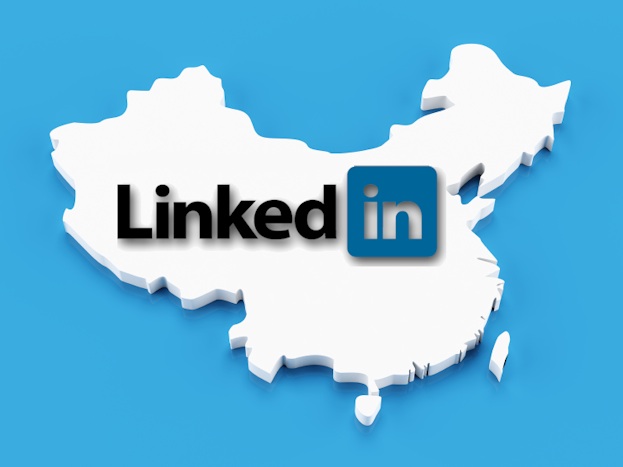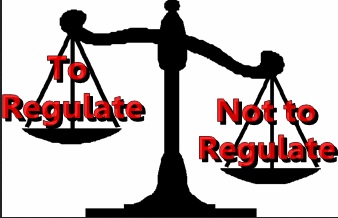How is Linked in different from all the other social media sites?
Katie Benner writes: LinkedIn is the first U.S. company to enjoy Internet success in China. The country is at the center of one of the professional networking site’s fastest growing regions and represents one of its biggest opportunities. While LinkedIn has only 5 million members in China (if you combine its English and Chinese language sites) the country is home to more than 100 million professionals who are potential future members.
Last quarter, LinkedIn’s chief executive officer, Jeff Weiner, mentioned the positive effect that China has had on his company’s bottom line. Fueled by China, LinkedIn’s revenue from its Asia Pacific division grew 64 percent last quarter, faster than from its operations in any other part of the world. Investors hope to see that growth continue when the company reports earnings today, and in the future.
Most discussions of LinkedIn’s success inevitably focus on the fact that the company cooperates with the Chinese government and censors content from its Chinese users — a discussion that intensified when LinkedIn started blocking some of its users’ posts earlier this year.
Some critics have made much of the fact that LinkedIn tries to paint its so-called “professional content” — stories about management techniques and earnings and best practices that it features alongside resumes and job postings — as uncontroversial. Therefore, the argument goes, there isn’t much on the site to warrant the attention of censors.
Content isn’t the core reason LinkedIn has made strides in China. It’s been successful there because it’s the only foreign Internet company that offers something that a Chinese rival just can’t replicate — a direct connection between the world’s biggest companies, the world’s most respected universities, and bazillions of networking-starved Chinese who want to use the site’s services.
LinkedIn is a window onto, and in some cases a passport to, the middle class, white-collar professional world that Chinese citizens have craved ever since they traded in their Mao suits for Levis in the 1980s.
The world is watching to see how LinkedIn deals with censorship and the Chinese government. But that’s not the only way to gauge why it’s been successful at courting Chinese users and dodging Chinese hardliners. LinkedIn meets the aspirational needs of a generation hungry for opportunity and simply copying its content strategy won’t translate into duplicating its success.









